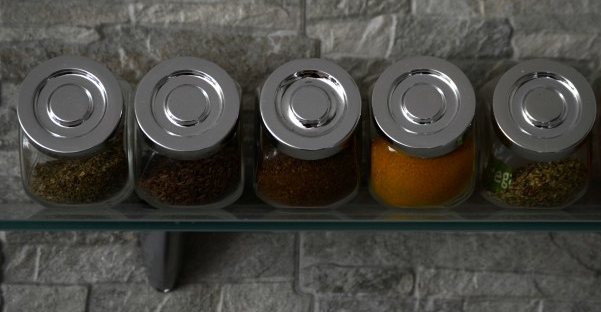
Use spices to boost flavor and increase health!
Cardamom. This sweet, pungent spice is in many pumpkin spice mixes. It’s known to soothe an upset stomach, and lab studies show it may also help fight inflammation. One more perk? “Of all spices, cardamom is especially high in minerals like magnesium and zinc,” Moreno says.
Chili peppers. Fresh, dried, or powdered, chilies will give your food a kick. They also may boost your metabolism and help keep blood vessels healthy. One possible reason is capsaicin, the compound that makes them spicy.
Cinnamon. “Cinnamon is great because it’s sweet but very low in calories and sugar-free,” Moreno says. “Plus, it’s easy to find and not expensive, and you can add it to almost anything, including coffee and tea.”
Lab studies show that cinnamon also may help with inflammation, fend off free radicals that can damage your cells, and fight bacteria.
And some research suggests it may lower blood sugar in people who have diabetes or are likely to get the disease, but other studies don’t back that up. “It can be a part of a healthful diet, but don’t mistake it for a diabetes cure,” Moreno says.
Cocoa. You may think of cocoa as the key ingredient in chocolate, but it’s a spice with many health perks. The cocoa bean is chock-full of flavonoids, which are antioxidants that have been shown to boost heart health. Flavonoids seem to play a role in lowering cholesterol and blood pressure and helping keep your coronary (heart) arteries healthy, among other things.
Cumin. Used worldwide and known as a key ingredient in many Indian dishes, cumin is naturally rich in iron. It may play a role in weight loss, too. One study of 88 overweight women found that those who ate a little less than a teaspoon of cumin a day while on a low-calorie diet lost more body fat and weight as those on the same diet who didn’t add cumin.
Garlic. This plant has a powerful compound called allicin. Lab studies have shown that it may lower your chances of getting heart disease. And other research shows that eating garlic regularly may help with high cholesterol and high blood pressure. But to get the benefits, you have to chop or crush the clove: Allicin is formed only after the cells in the garlic have been cut or crushed.
Lab studies also show that ginger has anti-inflammatory and antioxidant properties and may play a role in preventing diseases like cancer.
Rosemary. An ultra-fragrant herb, rosemary is rich in antioxidants that prevent cell damage, Moreno says. Even sniffing it may be good for you. One study found that people who got a whiff of rosemary performed better on memory tests and other mental tasks, compared with those who didn’t. Researchers think one of its compounds, called 1,8-cineole, may boost brain activity.
Turmeric. This yellow spice gets a lot of hype, and for good reason. It’s a good source of curcumin, an antioxidant that eases inflammation. Research suggests that curcumin may help ease pain. And other research shows that eating even small amounts of turmeric regularly may help prevent or slow down Alzheimer’s disease, possibly by helping prevent the brain plaques that lead to dementia.
https://www.webmd.com/healthy-aging/over-50-nutrition-17/spices-and-herbs-health-benefits
